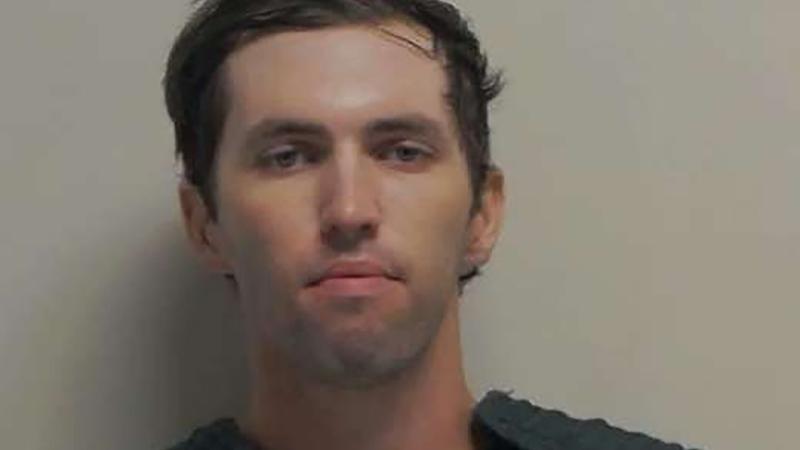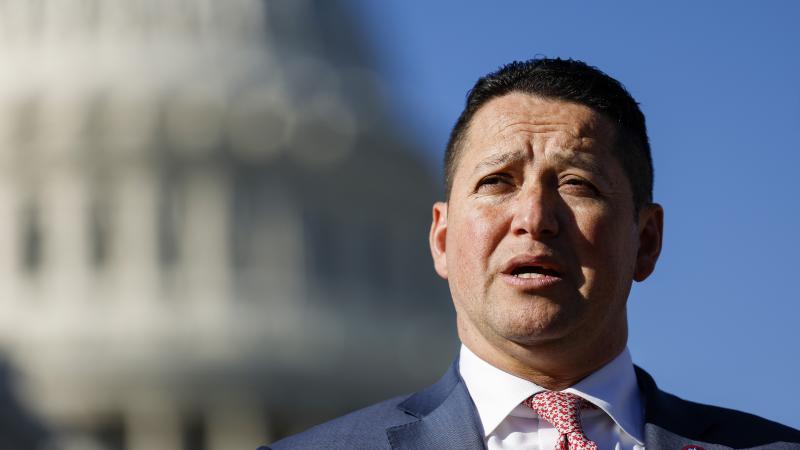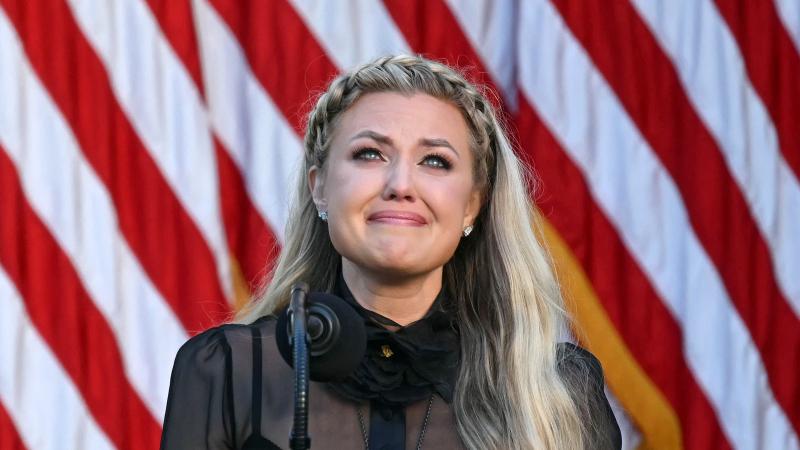Florida's DeSantis vetoes bill that would've regulated vacation rentals
Bill would've required vacation rental advertising platforms to collect and remit taxes while adding regulations for lodging and food establishments.
Florida Gov. Ron DeSantis has vetoed a number of bills from the 2024 legislative session, including one that would've mandated changes to vacation rentals.
Senate Bill 280 would've required vacation rental advertising platforms to collect and remit specific taxes while adding regulations for lodging and food establishments. DeSantis said in his veto message this would create more red tape for locals and prevent local governments from enacting existing ordinances or passing any new local measures.
SB 62 would've provided that individuals classified as residents for tuition purposes may not lose their resident status solely because they have been incarcerated in a correctional facility in Florida. DeSantis said the state should "not reward criminal activity by providing inmates with the same benefits as law-abiding citizens."
SB 494 would've waived both the graduate record examination and the grade management admission test for service members applying for admission into graduate programs at state institutions that require the examinations. DeSantis said standardized tests are a necessary component of the admissions process, adding he does not see how dropping the examinations would benefit the institutions or the students.
House Bill 821 would've revised the maximum stormwater management user fees for residential, agricultural and commercial parcels of land in the Melbourne-Tillman Water Control District in Brevard County. DeSantis vetoed the bill due to the likelihood that taxpayers would pay higher fees.
HB 473 would've provided broad liability protections for state and local governments and private companies that only comply with minimum cybersecurity standards in the event of a cyberattack or data breach. DeSantis said the bill would result in less data security because it incentivizes entities to do the minimum to protect consumer data.
SB 1078 would've exempted insurance agents, agencies and service representatives from submitting cellular telephone numbers to the Department of Financial Services as part of the licensure process. DeSantis said Florida's insurance market is becoming increasingly competitive and he does not see how the bill would serve the public interest.
HB 165 would've granted the Florida Department of Health authority to close beaches, waterways and swimming pools. DeSantis said the DOH should not have the power to supersede local jurisdictions.
HB 133 would've provided a period of time when convictions for crimes may not be grounds for denial of licensure as a barber or cosmetologist. DeSantis said it prohibits the licensing board from accessing an applicant's criminal history and added there may be a good reason for the board to have such information before approval.













